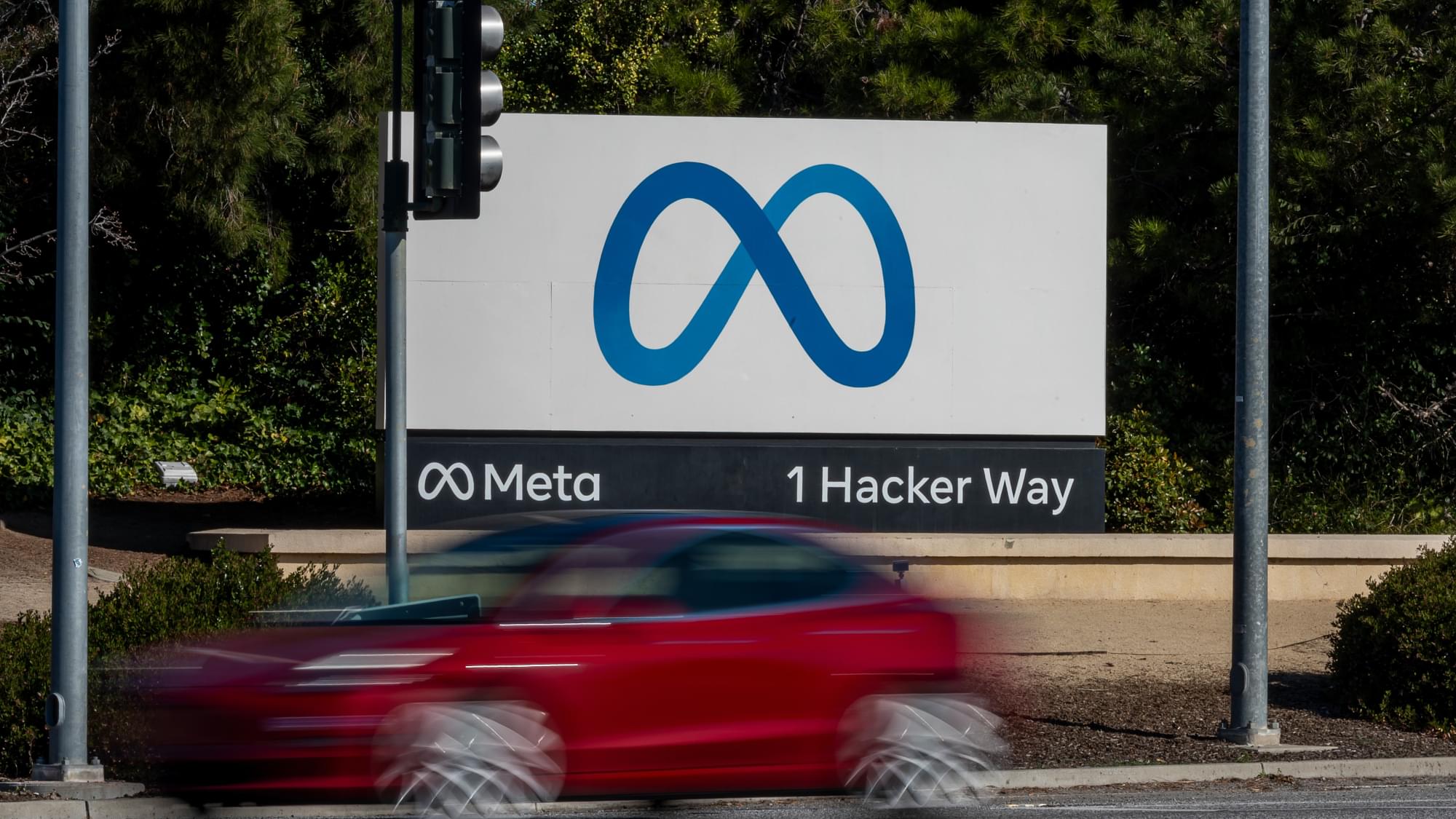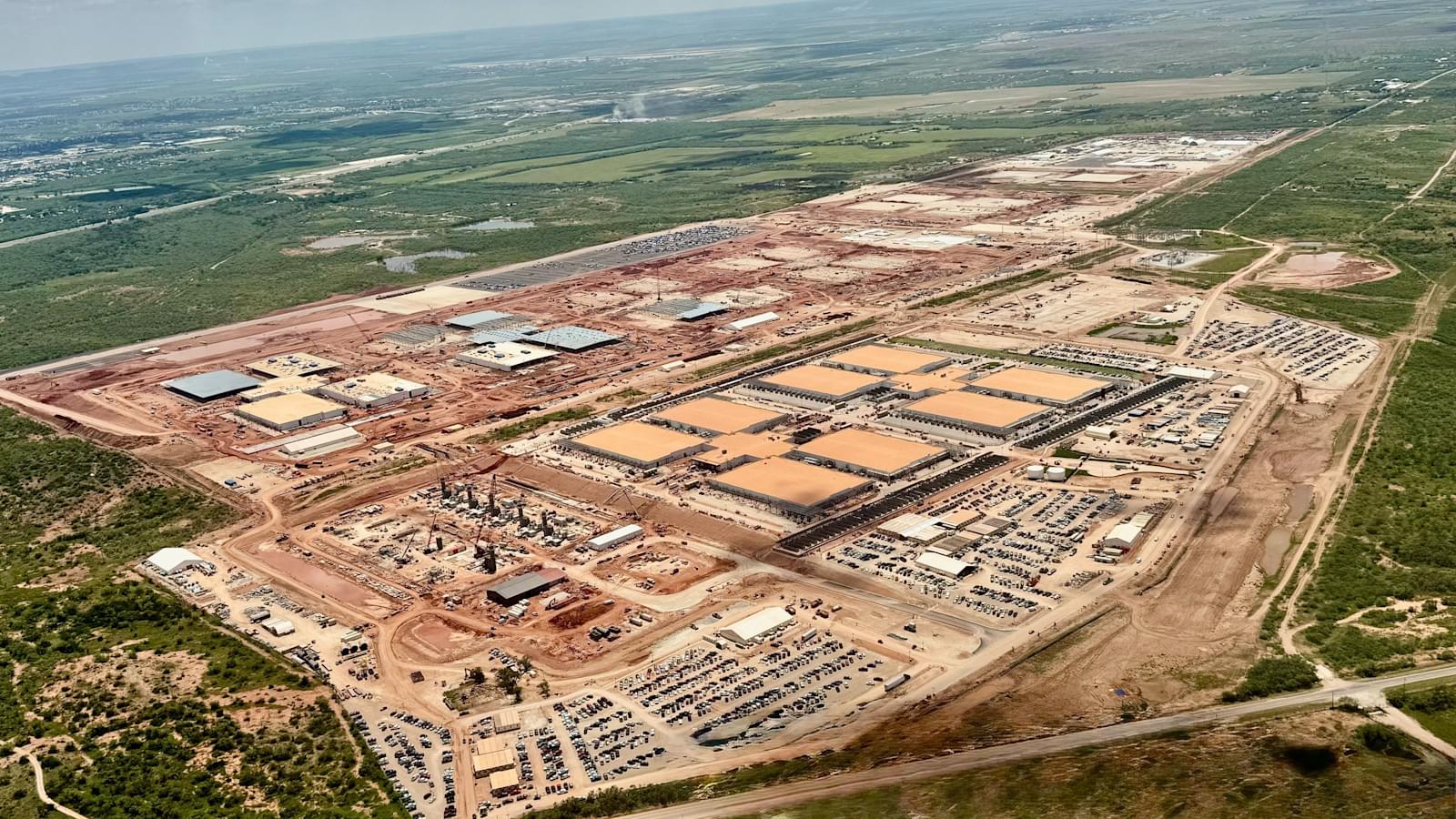Perhaps not a surprising figure, given the talk of $100 million signing bonuses.



Recently, AMD and Stability AI announced that they managed to port the Stable Diffusion 3.0 Medium AI model to the Amuse image generator, which runs locally on the NPU module AMD chip.



Size matters. Economists have long known that; economies of scale are among the building blocks of their science. In the digital era, it quickly became apparent that value was directly proportional to the size of the network (the number of users linked by a particular technology or system).
The race to create scale is critical amid the sizzling geopolitical competition over leadership in new technologies. It has assumed even greater urgency in Western capitals in the wake of China’s success in that race. They’ve had to reconceptualize scale to overcome the advantages China has a result of the size of its economy and its population. It’s a work in progress and the results are mixed, at best.
For those who’ve forgotten their introductory economics, economies of scale are cost advantages created by expanding operations. As companies build more products, they become more efficient, reducing cost per unit. This allows them to produce even more of that product, reinforcing their competitive advantage and keep the virtuous circle turning.

Welcome back to In the Loop, TIME’s new twice-weekly newsletter about the world of AI.
If you’re reading this in your browser, you can subscribe to have the next one delivered straight to your inbox.
President Trump will deliver a major speech on Wednesday at an event in Washington, D.C., titled “Winning the AI Race,” where he is expected to unveil his long-awaited AI action plan. The 20-page, high-level document will focus on three main areas, according to a person with knowledge of the matter. It will come as a mixture of directives to federal agencies, with some grant programs. “It’s mostly carrots, not sticks,” the person said.


In the race to develop AI that understands complex images like financial forecasts, medical diagrams and nutrition labels—essential for AI to operate independently in everyday settings—closed-source systems like ChatGPT and Claude currently set the pace. But no one outside their makers knows how those models were trained or what data they used, leaving open-source alternatives scrambling to catch up.
Now, researchers at Penn Engineering and the Allen Institute for AI (Ai2) have developed a new approach to train open-source models: using AI to create scientific figures, charts and tables that teach other AI systems how to interpret complex visual information.
Their tool, CoSyn (short for Code-Guided Synthesis), taps open-source AI models’ coding skills to render text-rich images and generate relevant questions and answers, giving other AI systems the data they need to learn how to “see” and understand scientific figures.

